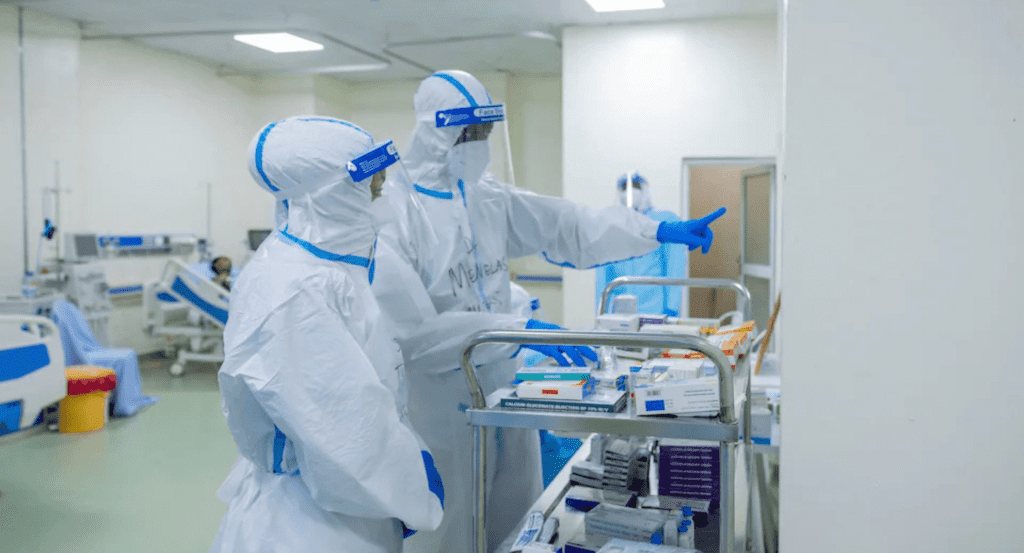Rwanda has officially declared the end of the Marburg virus outbreak, which claimed several lives earlier this year. The announcement comes after the last patient was discharged from treatment, marking a significant milestone in the country’s fight against the deadly virus. Health authorities have praised the swift response from healthcare workers and the public health infrastructure, which played a crucial role in containing the outbreak.
The Marburg virus, closely related to Ebola, was first identified in the country in August 2024, sparking widespread panic. The virus is highly contagious and fatal, with a death rate that can reach up to 90%. In response to the outbreak, the World Health Organization (WHO) and other international health bodies provided technical and financial support, helping the Rwandan government implement strict containment measures. These included contact tracing, quarantine protocols, and intensive treatment for those affected.
Despite the official end of the outbreak, experts have raised concerns over the potential for future outbreaks, as Marburg has proven difficult to control. The Africa Centers for Disease Control and Prevention (Africa CDC) has called for ongoing vigilance and continued investment in healthcare infrastructure, particularly in remote areas where the virus can spread undetected. The CDC has also suggested that the U.S. should reconsider its Level 3 travel advisory for Rwanda, which currently advises against non-essential travel due to the outbreak.
Medical professionals in Rwanda have faced intense pressure throughout the crisis, working long hours to care for patients and prevent the spread of the disease. However, the outbreak has highlighted the challenges of combating such a contagious virus in the region, where healthcare resources are often stretched thin. The international response has been vital, but experts stress that there needs to be continued collaboration and preparedness to prevent future outbreaks.
In the wake of the outbreak, Rwanda’s health system is under scrutiny, with calls for increased investment in disease surveillance, emergency response capabilities, and public health education. While the country’s response has been commended, many believe that the lessons learned from this crisis should guide future health policies across Africa, particularly in addressing emerging infectious diseases like Marburg.
As the world watches, Rwanda’s experience with the Marburg outbreak serves as a stark reminder of the need for global cooperation and rapid response to outbreaks of deadly diseases. The end of the Marburg outbreak in Rwanda is a victory, but it also signals the need for heightened preparedness to safeguard public health.























